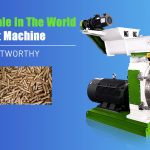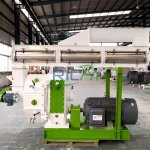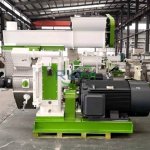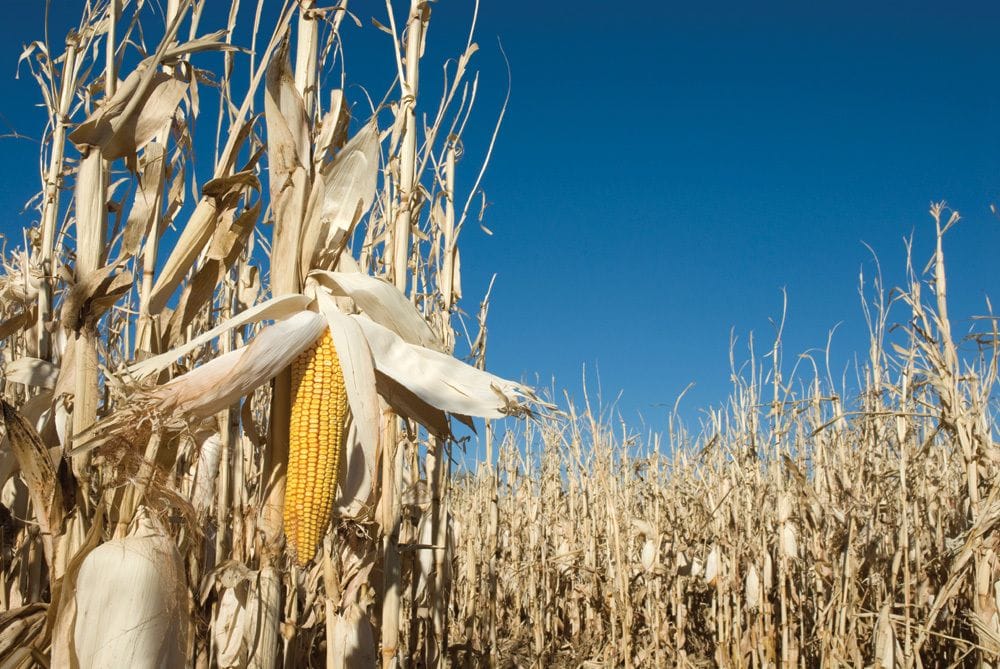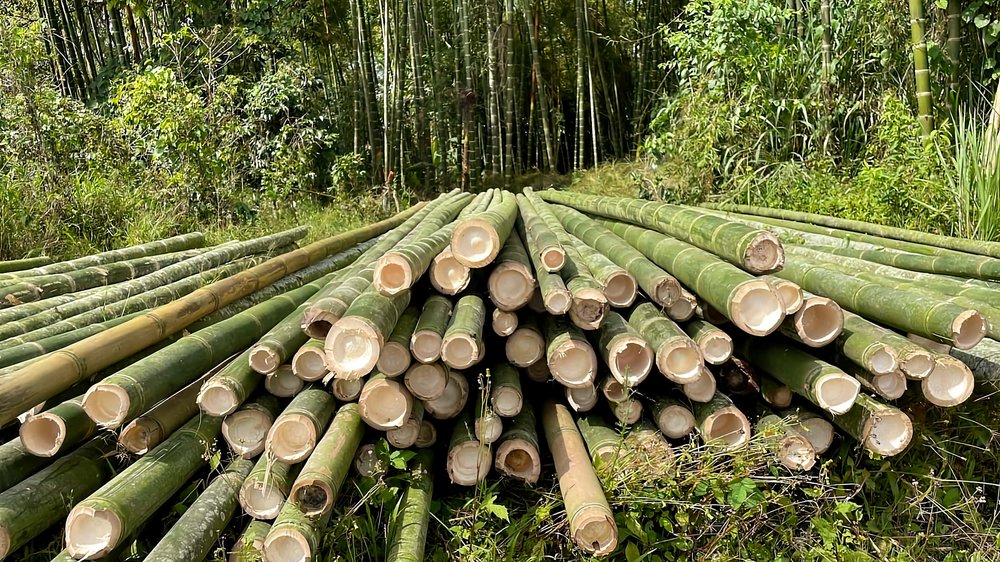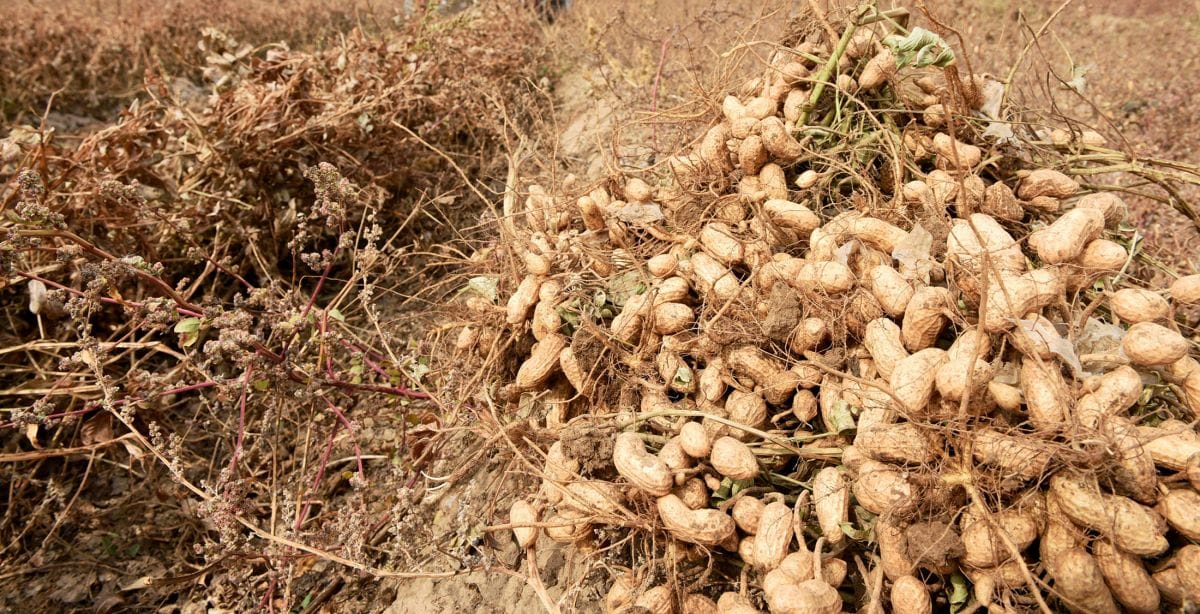The production of corn stalk pellets has gained significant traction as a sustainable source of biomass energy. A crucial factor in ensuring the efficiency and reliability of a corn stalk pellet machine is the quality of its accessories. These accessories, which include components such as feeders, conditioners, and dies, play a vital role in the overall performance of the machine. This article explores the key considerations and best practices for ensuring the quality of corn stalk pellet machine accessories.
1. Understanding the Role of Accessories
Accessories in a corn stalk pellet production line are designed to support the main pelleting process. These components include:
- Feeders: Devices that regulate the flow of raw materials into the pellet machine.
- Crushers: Equipment used to reduce the size of corn stalks before they are processed into pellets.
- Conditioners: Machines that add moisture and heat to the raw material, preparing it for pelleting.
- Dies and Rollers: The core components of the pellet mill that shape the pellets.
- Cooling Systems: Equipment designed to cool the pellets after they are formed, ensuring they maintain their shape and quality.
The quality and performance of these accessories directly impact the efficiency and consistency of the pelleting process.
2. Importance of Feeder Quality
Feeders play a crucial role in ensuring a consistent flow of raw materials into the pellet machine. Poorly designed or malfunctioning feeders can lead to uneven material distribution, resulting in inconsistent pellet quality and reduced production efficiency.
- Durability: Feeders should be constructed using high-quality materials that can withstand the abrasive nature of corn stalks. Components such as bearings and shafts should be designed to minimize wear and tear.
- Precision: Feeders should be capable of accurately metering the raw material into the pellet machine, ensuring a consistent feed rate. This helps maintain a stable pressure in the pelleting chamber, leading to better pellet quality.
- Compatibility: Feeders should be designed to integrate seamlessly with the pellet machine, ensuring a smooth and efficient material flow. Incompatible or poorly fitted feeders can cause bottlenecks in the production process.
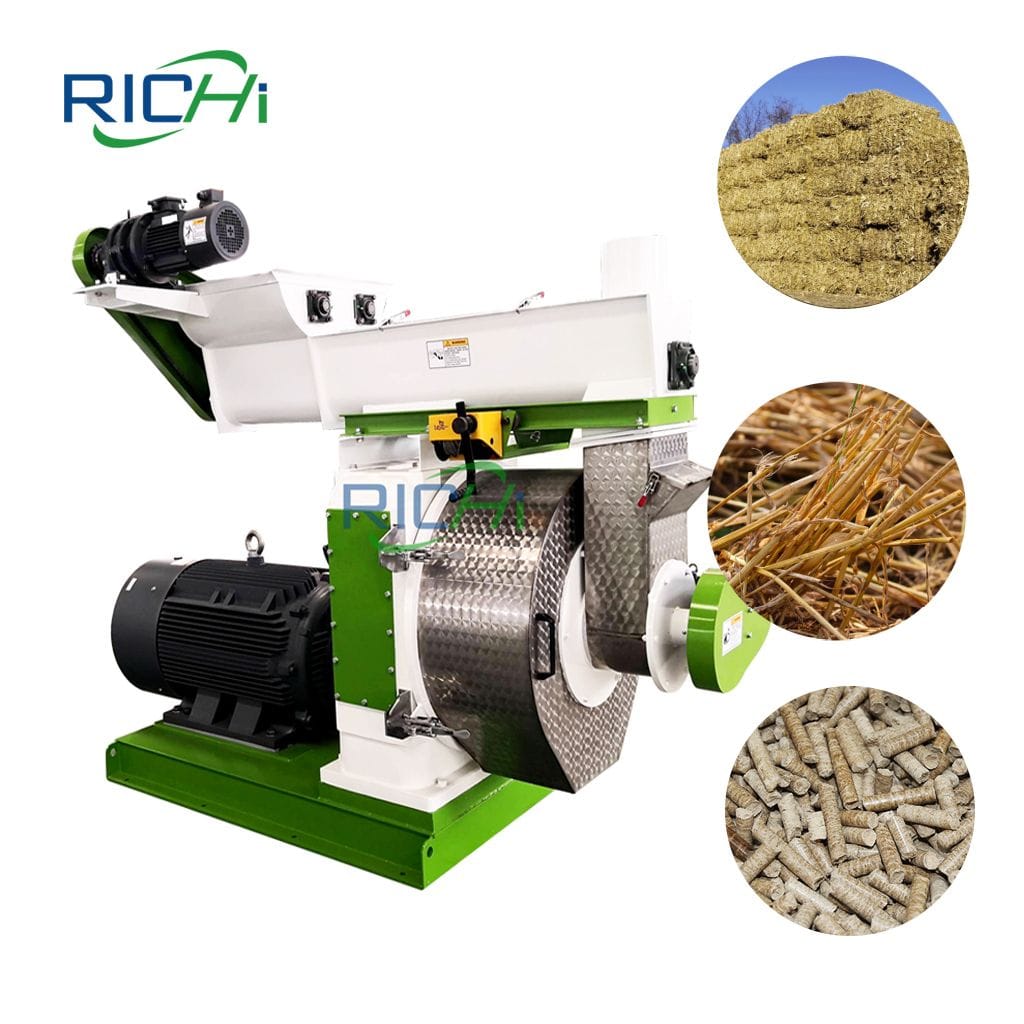
3. Conditioning System Quality
The conditioning system is responsible for preparing the corn stalks for pelleting by adding moisture and heat. The quality of this system directly impacts the binding properties of the raw material and, consequently, the strength and durability of the pellets.
- Moisture Control: Conditioning systems should be capable of precisely controlling the moisture content of the raw material. Excessive moisture can lead to pellet breakage, while insufficient moisture can result in poor binding and low pellet density.
- Heat Distribution: Effective conditioning requires even heat distribution throughout the raw material. Poorly designed or malfunctioning heating systems can lead to uneven heating, resulting in inconsistent pellet quality.
- Reliability: Conditioning systems should be designed for reliable operation, minimizing downtime and maintenance requirements. Components such as steam generators and control systems should be of high quality and well-maintained.
4. Die and Roller Quality
The die and rollers are the heart of the pellet mill, responsible for shaping the pellets. The quality of these components is critical for ensuring consistent pellet size, density, and durability.
- Material Selection: Dies and rollers should be manufactured using wear-resistant materials that can withstand the high pressures and temperatures encountered during the pelleting process. Improper material selection can lead to premature wear and failure.
- Surface Finish: The surface finish of the die and rollers should be smooth and consistent, minimizing friction and ensuring even material flow. Rough or uneven surfaces can cause pellet breakage and inconsistent pellet quality.
- Precision Machining: Dies and rollers should be precisely machined to ensure tight tolerances and consistent pellet dimensions. Poorly machined components can lead to uneven pellet formation and reduced pellet quality.
5. Cooling System Quality
Effective cooling is essential for maintaining the quality and stability of the pellets after they have been formed. Poorly designed or malfunctioning cooling systems can lead to pellet degradation and reduced product quality.
- Heat Transfer Efficiency: Cooling systems should be designed to efficiently transfer heat away from the pellets, ensuring rapid cooling and minimizing moisture loss. Inefficient cooling can lead to pellet softening and deformation.
- Airflow Distribution: Cooling systems should provide even airflow distribution across the pellets, ensuring uniform cooling. Uneven airflow can lead to inconsistent moisture content and pellet quality.
- Reliability: Cooling systems should be designed for reliable operation, minimizing downtime and maintenance requirements. Components such as fans and control systems should be of high quality and well-maintained.
6. Supplier Selection and Quality Assurance
Selecting a reliable supplier is crucial for ensuring the quality of corn stalk pellet machine accessories. Look for suppliers with a proven track record of providing high-quality components and excellent customer service.
- Quality Certifications: Look for suppliers that have obtained relevant quality certifications, such as ISO 9001, demonstrating their commitment to quality assurance.
- Reputation and References: Research the supplier’s reputation in the industry and ask for references from satisfied customers. This can help ensure that the supplier consistently delivers high-quality products and reliable service.
- Quality Control Processes: Inquire about the supplier’s quality control processes, such as material testing, dimensional inspections, and performance testing. Ensure that the supplier has robust quality control measures in place to identify and address any defects or issues. (Related post: wheat straw pellet machine)
7. Conclusion
Ensuring the quality of corn stalk pellet machine accessories is essential for maintaining the efficiency and reliability of the pelleting process. By focusing on the quality of feeders, conditioners, dies and rollers, cooling systems, and selecting reliable suppliers, producers can optimize the performance of their pellet machines and ensure consistent, high-quality pellet production.Investing in high-quality accessories and implementing robust quality control measures will contribute to the overall success and sustainability of the corn stalk pellet production operation. As the demand for biomass energy continues to grow, prioritizing the quality of pellet machine accessories will be crucial for maintaining a competitive edge in the market.
